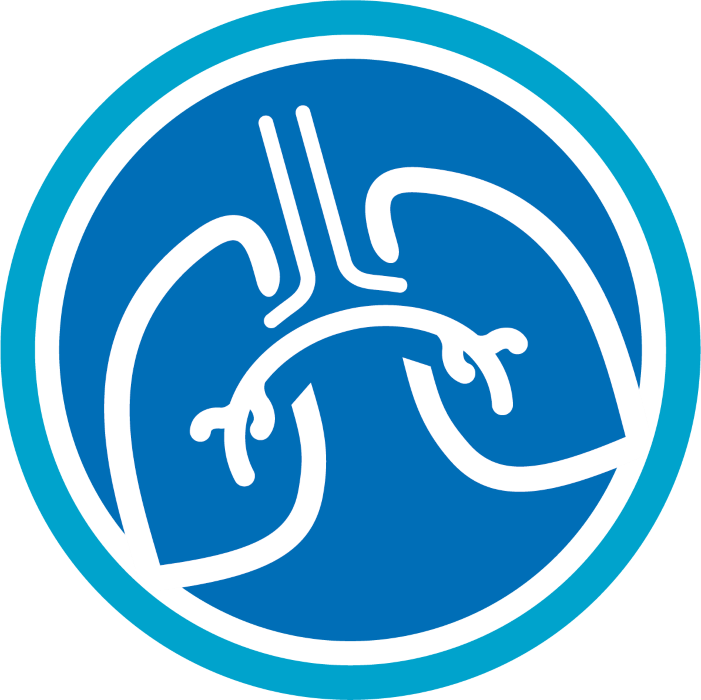Health and care services across Wakefield and Bradford joined forces to offer a new approach to delivering earlier diagnosis and reducing the prevalence of one of the region's biggest killers.
In 2017/2018, Wakefield and Bradford were highlighted as two key areas for the initial phase of the Cancer Alliance-backed programme, as they offered the greatest potential for change, due to the then higher levels of smoking prevalence and poor health outcomes as a result.
Community-based pilot lung health checks were introduced as part of a four-pronged approach, specifically:
- Support people to stop smoking, including those already receiving treatment in the NHS for smoking-related illnesses, by using every patient contact to offer help to quit
- Raise awareness of early signs and symptoms; so people seek information and advice earlier than is often the case, making more cancers curable (so-called 'push and pull' approach)
- Develop a community-based pilot ‘lung health check’ scheme for those identified as most at risk of cancer, using low dose CT scanning in community venues, such as supermarket or community centre car parks
- Improve the experience for those affected by lung cancer by ensuring care and treatment pathways are as speedy and efficient as possible
Lung Health Check and Low Dose CT Scans
Our lung health check pilot programme targeted those individuals most likely to be at high risk of developing lung cancer. We focused on GP practice catchment areas with high smoking rates and high levels of deprivation - both known to be closely associated with lung cancer risk.
A mobile low dose CT facility was sited at an easily accessible venue within those local communities to encourage the participation of those patients who might not normally engage with health service providers, or who find it difficult to access existing services.
We worked with our colleagues in what were at the time local Clinical Commissioning Groups to identify the areas where the pilot programme could potentially make the biggest difference; to determine how many checks could be delivered and the impact this would have on other NHS services required to provide the additional support that those tested may potentially need, whether or not they have a cancer diagnosis.
Ensuring there was the capacity to see and treat the patients who were referred on to the lung cancer pathway was vital, and we worked with our partners in hospital Trusts, such as the Thoracic Surgery Service based in Leeds, to look at solutions.
We also worked with Healthwatch Wakefield on measuring patient experience of the Lung Health Check pilot and associated Low Dose CT.

